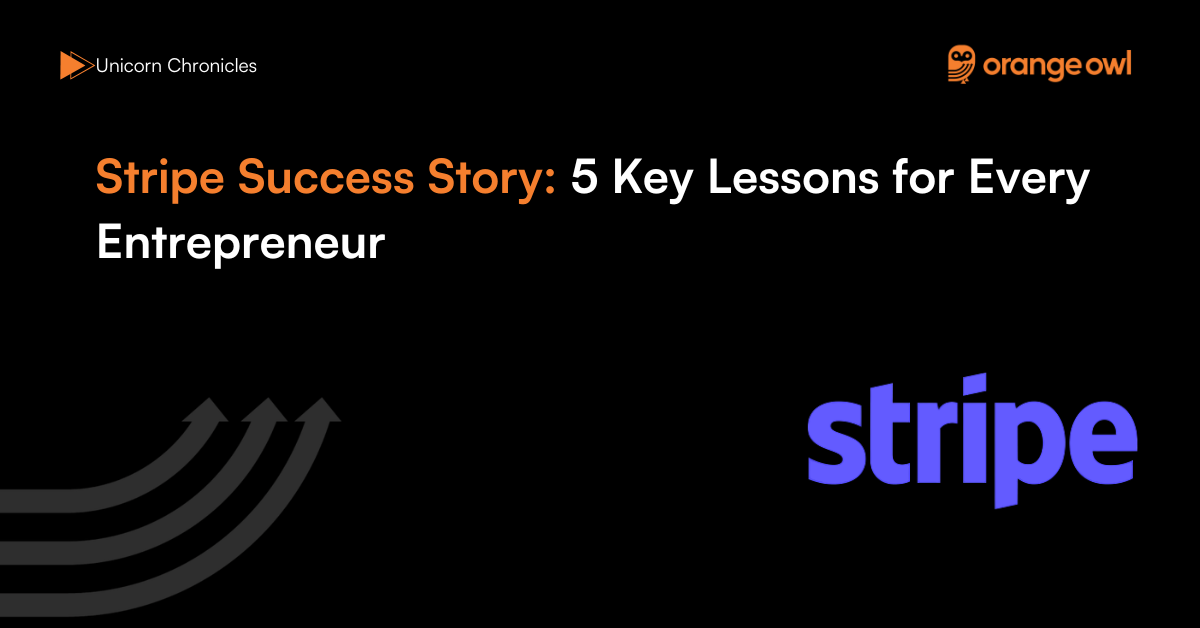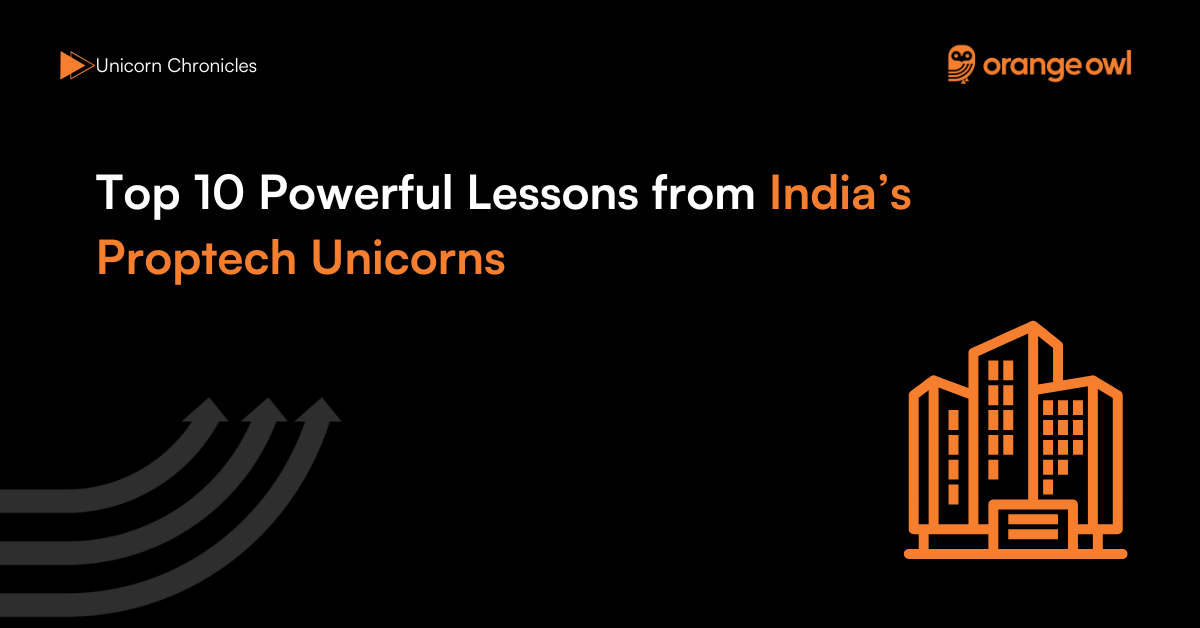The Power of Tailored B2B Marketing Strategies: A Deep Dive
Vivek Goel
November 22, 2024
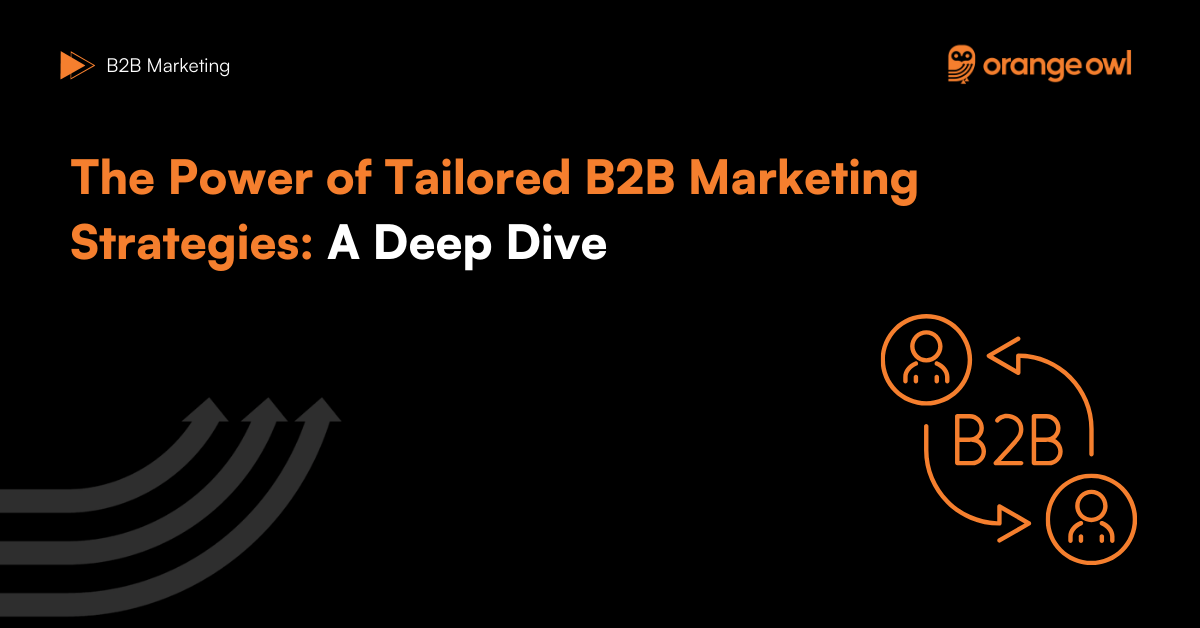
Table of Contents
Introduction
In the ever-evolving landscape of B2B marketing, tailored B2B marketing strategies have emerged as a vital tool for businesses aiming to stand out in a competitive market. The days of one-size-fits-all approaches are long gone, and businesses now operate in a complex ecosystem where decision-makers seek solutions that address their unique challenges.
Modern tailored B2B marketing strategies delve into the specifics—understanding who the clients are, what drives their decisions, and how they interact with the market. By prioritizing a deep understanding of client needs, industry dynamics, and emerging trends, these strategies empower businesses to deliver value that resonates with precision.
The result is not just increased engagement or improved ROI but also the establishment of trust and partnerships that stand the test of time. Whether your goal is to boost lead generation, deepen client relationships, or drive sustainable growth, adopting tailored B2B marketing strategies is no longer optional—it’s essential.
This guide explores the pivotal role of tailored B2B marketing strategies in the B2B space, outlining practical steps to develop them and sharing actionable insights to revolutionize your marketing efforts.
Why Tailored B2B Marketing Strategies Matter?
In B2B marketing, the stakes are significantly higher compared to B2C. Decision-makers are typically risk-averse and seek vendors who understand their specific challenges. Tailored B2B marketing strategies excel in this context by offering personalized experiences that directly address these needs.
1. Building Trust and Credibility
When your marketing messages speak directly to a client’s pain points, it demonstrates a profound understanding of their challenges. This builds trust and positions your brand as an authority in the industry. Trust is a vital currency in B2B marketing and often leads to long-term partnerships.
Example: A cybersecurity company addressing the unique compliance requirements of healthcare providers positions itself as a trusted partner rather than just another vendor.
2. Improving ROI
Generic marketing campaigns waste resources by targeting a broad audience, many of whom may not be potential customers. Tailored B2B marketing strategies allocate resources toward high-potential segments, maximizing ROI and enhancing overall efficiency.
Example: HubSpot
HubSpot, a leading SaaS company specializing in CRM and marketing automation, excels in creating segmented email campaigns tailored to specific roles.
- For CFOs: HubSpot could focus on features like ROI tracking, budget optimization, and financial reporting tools.
- For CTOs: Emails might highlight technical integrations, data security, and API capabilities.
- For Operations Managers: Campaigns could emphasize workflow automation, task management, and productivity-enhancing features.
This role-specific approach ensures each decision-maker receives relevant and actionable information, increasing engagement and conversion rates.
3. Enhancing Client Relationships
When businesses feel understood, they are more likely to engage. Tailored B2B marketing strategies not only attract new clients but also deepen relationships with existing ones by consistently delivering relevant value.
Example: DHL Supply Chain
DHL Supply Chain, a global leader in logistics and supply chain management, exemplifies this approach.
- Case Studies for Retail Businesses: DHL often shares detailed case studies showcasing successful delivery optimization strategies, such as streamlining last-mile delivery for e-commerce clients.
- Tailored Insights: By highlighting specific challenges like seasonal demand fluctuations or urban delivery constraints, DHL reinforces its expertise and dedication to understanding client needs.
Steps to Creating Tailored B2B Marketing Strategies
1. Audience Segmentation: The Foundation of Tailored B2B Marketing Strategies
Effective audience segmentation is the backbone of tailored B2B marketing strategies. It ensures your efforts are directed toward the right people with the right message.
- Demographic Segmentation: Analyze factors like industry, company size, and geographical location.
Example: A financial services firm targeting large banks might emphasize robust compliance systems, while for SMEs, it could stress ease of implementation. - Behavioral Segmentation: Monitor how businesses interact with your brand, including past purchases, website activity, or email engagement.
Example: An analytics firm noticing frequent downloads of case studies by a prospect can follow up with a customized demo. - Technographic Segmentation: Study the technologies your clients use to offer solutions that integrate seamlessly with their systems.
Example: A cloud solutions provider pitching services compatible with the client’s tech stack minimizes onboarding challenges.
2. Customized Content Creation for Tailored B2B Marketing Strategies
Content tailored to the buyer’s journey is critical for the success of tailored B2B marketing strategies. Each stage of the journey demands unique messaging:
Awareness Stage: Provide educational resources like blogs, infographics, and videos that address common industry challenges.
Example: A renewable energy provider might publish a blog titled, “Top 5 Energy Challenges for Manufacturers in 2024.”
Consideration Stage: Use case studies, webinars, and eBooks to demonstrate how your solutions address these challenges.
Example: A manufacturing tech company could host a webinar showcasing its solutions’ impact on factory efficiency.
Decision Stage: Equip decision-makers with personalized proposals, product demos, and ROI calculators to seal the deal.
Example: A SaaS company could create a calculator to estimate cost savings using their software.
3. Selecting the Right Channels to Amplify Tailored B2B Marketing Strategies
Choosing the right channels ensures your message reaches the intended audience. Tailored B2B marketing strategies rely on a mix of the following:
LinkedIn: Ideal for professional networking and sharing thought leadership. Utilize LinkedIn Ads for precise targeting.
Email Marketing: Nurture leads through segmented campaigns offering personalized solutions.
Industry Events and Forums: Engage decision-makers directly at trade shows or online forums.
Social Media Ads: Target specific job titles or industries for better engagement.
4. Leveraging Data-Driven Insights to Perfect-Tailored B2B Marketing Strategies
Modern tools allow for granular analysis of customer behavior, enabling real-time optimization of strategies.
Metrics to Track:
- Traffic sources and conversion paths.
- Content engagement rates.
- Lead-to-client conversion metrics.
Example: An AI tool analyzing customer behavior might recommend bundling frequently purchased products to boost upsell opportunities.
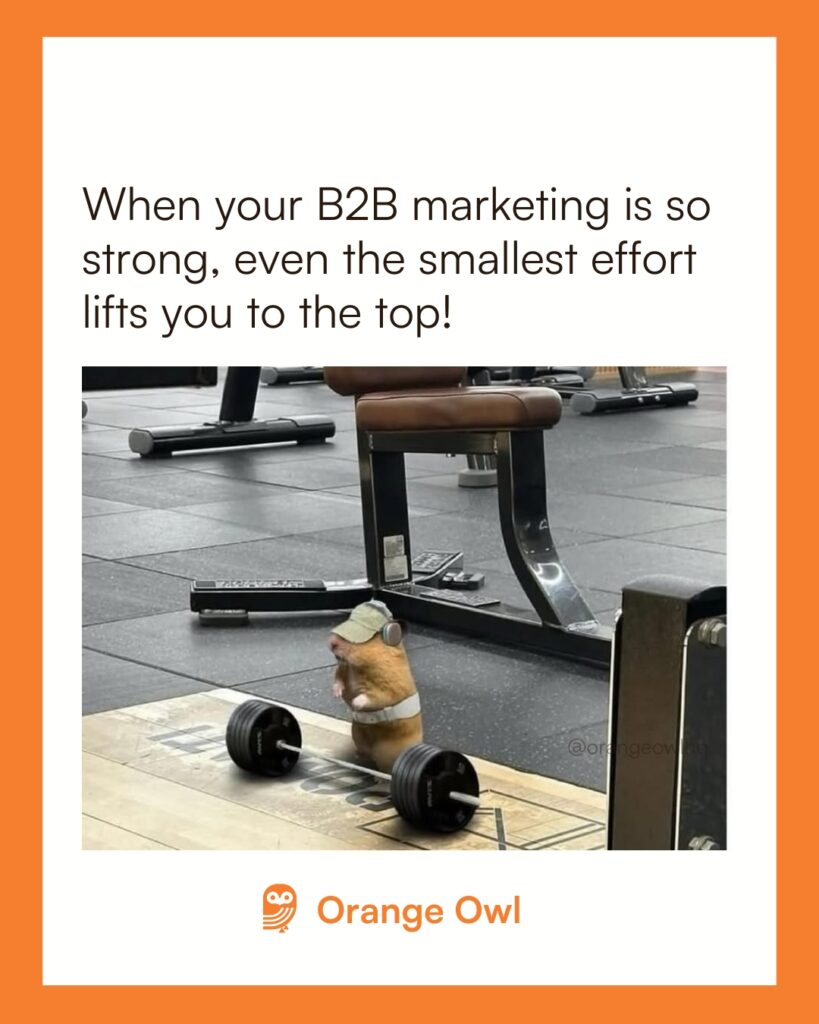
Trends Shaping Tailored B2B Marketing Strategies
1. AI-Powered Personalization
AI tools help segment audiences in real time and deliver hyper-personalized content. Predictive analytics enhances targeting precision, ensuring tailored B2B marketing strategies remain relevant.
Example: Salesforce Einstein
Salesforce Einstein uses AI-driven insights to segment audiences and deliver hyper-personalized experiences.
For instance:
- It analyzes real-time customer behavior to recommend tailored product suggestions.
- Predictive analytics identifies the likelihood of leads converting, allowing businesses to prioritize efforts.
This enhances targeting precision and ensures marketing strategies remain highly relevant to each audience segment.
2. Immersive Content
AR/VR solutions allow businesses to create virtual experiences like product tours or operational simulations, offering engaging and tailored content.
Example: Siemens
Siemens leverages AR/VR for immersive experiences:
Virtual Product Demos: Siemens allows clients to explore complex machinery, like turbines or industrial equipment, through VR simulations.
Operational Simulations: AR tools showcase how products integrate into factory workflows, helping decision-makers visualize real-world applications.
These experiences engage prospects more effectively by offering an interactive, hands-on perspective.
3. Sustainability Messaging
Incorporating sustainability into tailored B2B marketing strategies resonates with eco-conscious clients, providing a competitive edge.
Example: Patagonia
Patagonia, though primarily a B2C company, sets a powerful example of sustainability messaging that B2B companies can emulate:
Eco-Friendly Supply Chains: Patagonia emphasizes its commitment to sustainable materials and processes, appealing to partners with similar values.
Content Marketing: The company shares detailed reports and stories about its sustainability initiatives, building credibility and aligning with eco-conscious clients.
Common Mistakes in Tailored Marketing Strategies
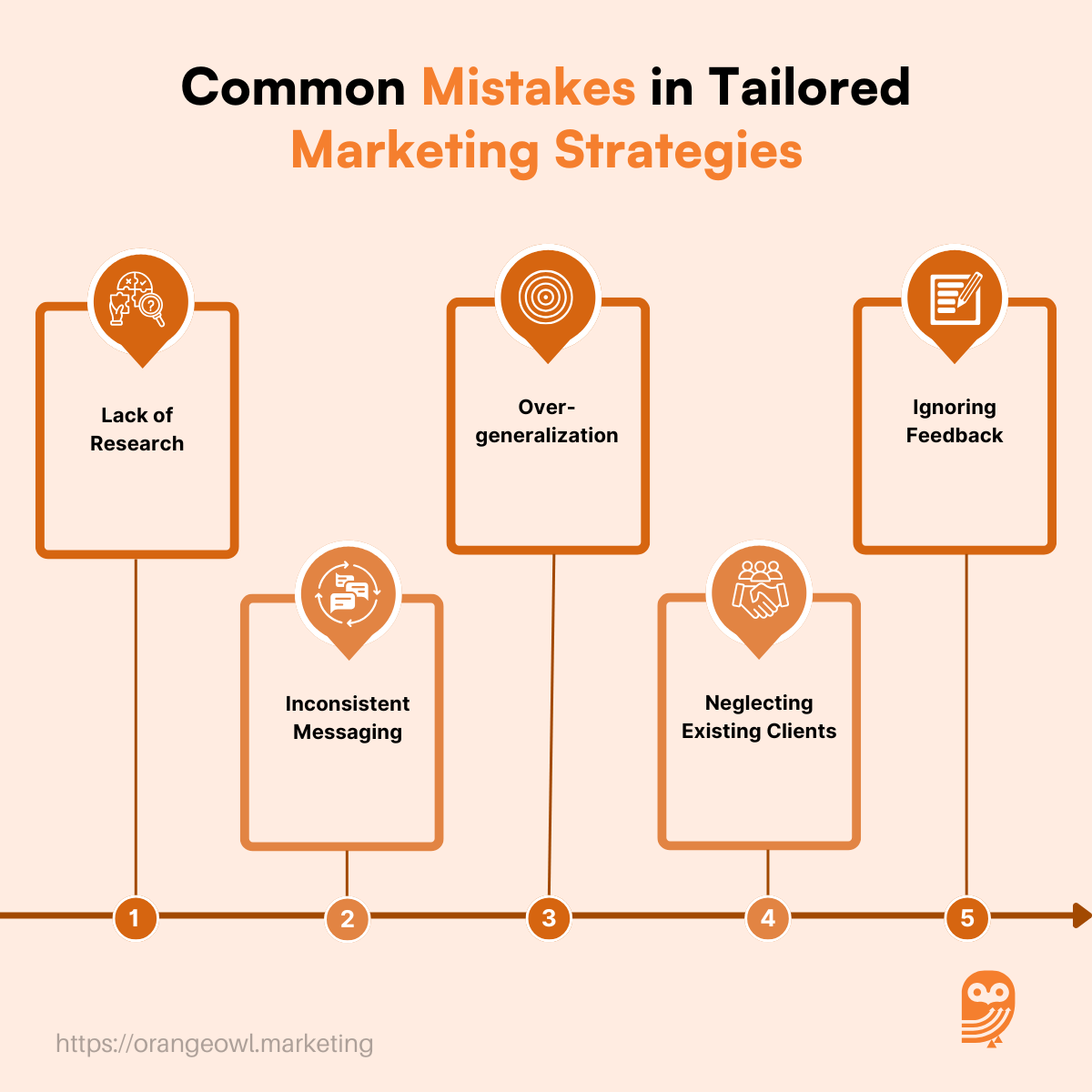
Tailored B2B marketing strategies, while powerful, can falter if not executed properly. Avoiding these common mistakes is crucial for maximizing the effectiveness of your campaigns:
1. Lack of Research
Failing to deeply understand your clients’ needs, industry-specific challenges, or decision-making processes often leads to irrelevant or ineffective messaging. Without comprehensive research, strategies are based on assumptions rather than actionable insights.
- Impact: Clients may feel misunderstood or disengaged, reducing the chances of meaningful interactions.
- Solution: Conduct thorough research using surveys, interviews, and data analysis tools to understand your audience’s unique challenges, goals, and behaviors.
2. Overgeneralization
Broad, non-specific targeting undermines the core strength of tailored strategies. When marketing messages attempt to appeal to everyone, they fail to resonate with anyone.
- Impact: Campaigns lack the precision needed to capture the attention of high-value prospects, resulting in wasted resources and lower ROI.
- Solution: Segment your audience into clear, specific groups based on demographics, behaviors, and preferences. Develop unique value propositions for each segment to ensure your messaging hits the mark.
3. Ignoring Feedback
Customer feedback is a goldmine for refining strategies, yet many businesses overlook it. Ignoring this valuable input can result in missed opportunities for improvement or innovation.
- Impact: Clients may feel undervalued, leading to dissatisfaction or attrition. Additionally, failing to act on feedback can leave gaps in your offerings that competitors might exploit.
- Solution: Regularly collect and analyze feedback through surveys, reviews, and direct communication. Use insights to adapt your strategies and address customer concerns proactively.
4. Inconsistent Messaging
Discrepancies in messaging across various channels—emails, social media, websites, or advertisements—can confuse your audience and erode trust. Consistency is key to building a cohesive and credible brand identity.
- Impact: Mismatched messaging diminishes your authority and makes your brand appear unreliable or disorganized.
- Solution: Develop a unified brand voice and messaging guidelines. Ensure all teams—marketing, sales, and customer service—are aligned to deliver consistent communication across platforms.
5. Neglecting Existing Clients
Focusing solely on acquiring new clients while sidelining existing ones is a common oversight. Current clients are often your most valuable asset, offering repeat business, referrals, and loyalty.
- Impact: Neglecting existing clients can lead to churn, damage your reputation, and increase acquisition costs as you constantly chase new leads.
- Solution: Invest in nurturing existing relationships by providing regular value, offering personalized solutions, and maintaining open communication. Loyalty programs and exclusive insights can further enhance client retention.
Conclusion
In today’s competitive landscape, tailored B2B marketing strategies are not optional—they are essential. By deeply understanding and addressing client needs, businesses can create meaningful connections that lead to long-term success.
Through audience segmentation, customized content creation, strategic channel selection, and data-driven decision-making, tailored B2B marketing strategies enable businesses to stand out and thrive. By leveraging trends like AI personalization and sustainability, companies can ensure their strategies remain relevant in a dynamic market.
The future of B2B marketing lies in meaningful customization. With tailored B2B marketing strategies, businesses don’t just sell—they build trust, foster relationships, and create a foundation for sustainable growth.
Frequently Asked Questions (FAQs) on Tailored B2B Marketing Strategies
The primary purpose of tailoring marketing strategies in B2B is to ensure that the messaging aligns with the specific needs and challenges of target audiences. It helps businesses differentiate themselves in a competitive market by offering solutions that resonate with decision-makers on a personal and professional level.
Audience segmentation helps identify distinct groups within your target market, allowing for customized approaches that increase relevance and engagement. By breaking down audiences based on behavior, needs, or industry, businesses can create campaigns that yield better responses and drive more qualified leads.
Scalability in tailored strategies is achievable by utilizing advanced tools like CRM software and marketing automation platforms. These tools enable businesses to manage personalized interactions efficiently, even as their client base grows. Modular content, reusable templates, and AI-driven insights further allow for scaling without sacrificing the personal touch, ensuring a consistent client experience.
Businesses can use CRM software, marketing automation platforms, and data analytics tools to gather insights about their target audience. Tools like HubSpot, Salesforce, or Google Analytics enable companies to track behavior, preferences, and interaction patterns for more personalized outreach.
Tailored content ensures that prospects receive information relevant to their current stage in the buyer’s journey. For example, educational content at the awareness stage builds interest, while detailed case studies at the consideration stage help prospects evaluate solutions effectively.
Industry-specific knowledge enables marketers to address pain points and challenges unique to a sector. This specificity not only strengthens messaging but also positions the business as a knowledgeable and trustworthy partner within that industry
Success can be measured through metrics such as conversion rates, lead quality, customer retention, and engagement rates. Businesses should also track how well the strategy aligns with key performance indicators (KPIs) like sales growth and brand perception.
Small businesses can start with simple tactics like personalized email campaigns, targeted social media ads, and customer surveys to gather insights. Leveraging free or affordable marketing tools like Mailchimp or Canva can also help in creating impactful campaigns.
Tailored strategies focus on consistently delivering value to existing clients by addressing their evolving needs. This could involve regular check-ins, sharing relevant updates or solutions, and offering exclusive insights that reinforce the relationship.
While the initial investment in research, tools, and personalization may seem high, tailored strategies often lead to better resource allocation. By targeting specific segments with relevant offers, businesses reduce wastage on ineffective campaigns, achieving higher returns on investment. Over time, the efficiency and results-driven focus make tailored strategies particularly advantageous, even for smaller enterprises.

